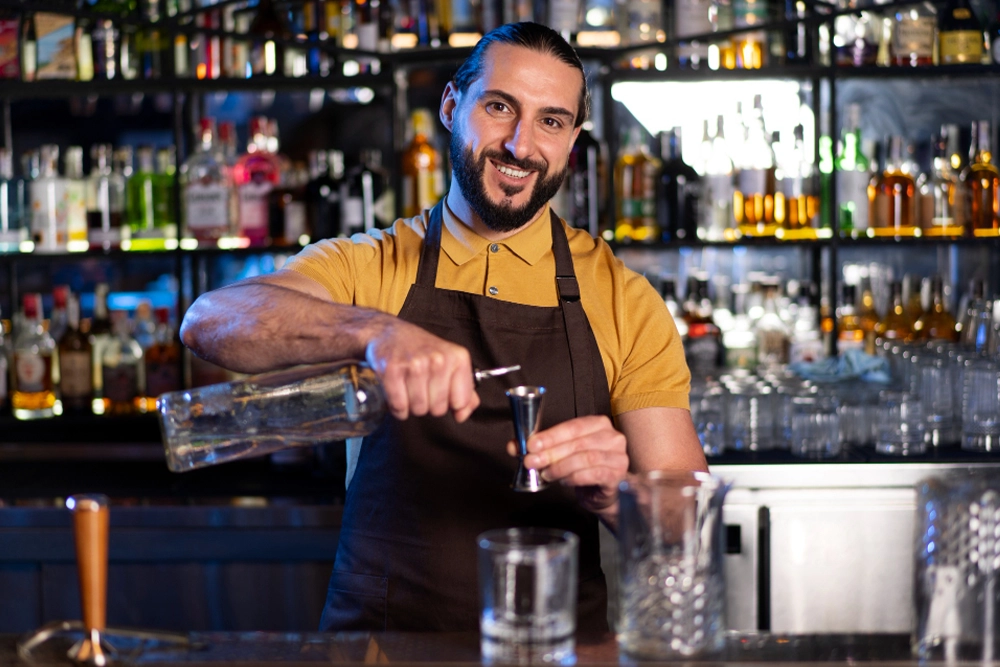Underage drinking is a serious issue with significant health and legal implications. For establishments that serve alcohol, ensuring compliance with laws regarding underage drinking is not only a legal requirement but also a moral responsibility. Understanding server responsibilities and implementing effective policies can help prevent underage drinking and its associated risks.

Legal Framework for Underage Drinking:
In the United States, the legal drinking age is 21, as established by the National Minimum Drinking Age Act of 1984. This federal law mandates that states prohibit the purchase and public possession of alcohol by individuals under 21 years of age. States have enacted various laws and regulations to enforce this requirement, including penalties for establishments that serve alcohol to minors.
Server Responsibilities:
Servers and establishments that serve alcohol have a crucial role to play in preventing underage drinking. Key responsibilities include:
- Checking IDs: Servers should check the identification of anyone who appears to be under the age of 30 to verify that they are of legal drinking age. Acceptable forms of identification typically include driver’s licenses, state-issued IDs, and passports.
- Refusing Service: Servers should refuse to serve alcohol to anyone who is underage or unable to provide valid identification. This includes individuals who appear to be intoxicated or who are attempting to purchase alcohol for minors.
- Training and Education: Establishments should provide comprehensive training to staff on responsible alcohol service practices, including how to identify fake IDs and signs of intoxication.
- Monitoring and Oversight: Managers and supervisors should actively monitor alcohol service to ensure that servers are complying with laws and policies regarding underage drinking.
Preventing Underage Drinking:
In addition to legal compliance, establishments can take proactive measures to prevent underage drinking, including:
- Promoting Alternative Activities: Offering non-alcoholic beverages and activities can provide underage patrons with enjoyable options that do not involve alcohol.
- Community Partnerships: Establishing partnerships with local law enforcement and community organizations can help raise awareness about the dangers of underage drinking and promote responsible behavior.
- Parental Involvement: Encouraging parental involvement and communication can help deter underage drinking and support efforts to enforce the law.
Preventing underage drinking requires a concerted effort from servers, establishments, parents, and communities. By understanding their responsibilities and implementing effective policies and practices, servers can play a critical role in promoting responsible alcohol consumption and preventing harm to minors.

